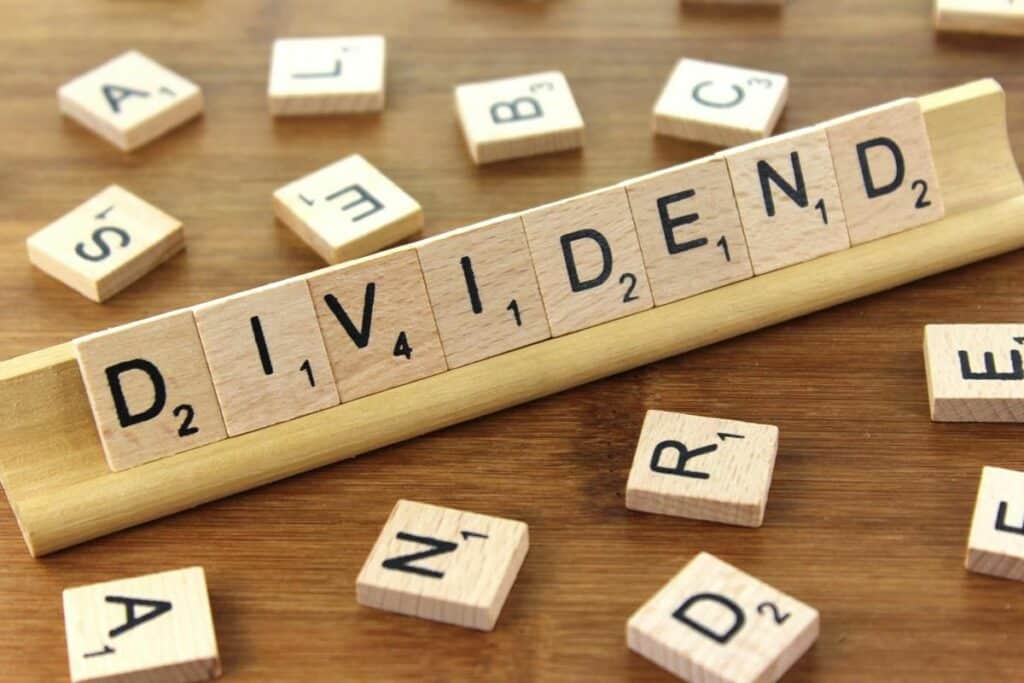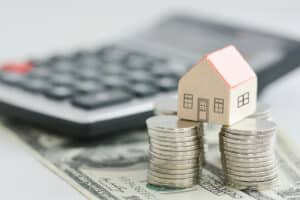What is Property Dividend
If you are looking to invest as an expat or high-net-worth individual, which is what I specialize in, you can email me (advice@adamfayed.com) or use WhatsApp (+44-7393-450-837).
Introduction
Property dividends are payments that investors can receive as an alternative to receiving cash dividends or more company stock.
Instead of paying out cash, a property dividend rewards investors by issuing shares of stock in a subsidiary or providing some sort of tangible asset.
One of the many reasons a company might decide to distribute property dividends is when there isn’t enough cash on hand to pay back investors’ debts.
What is Property Dividend
An alternative to cash or stock dividends, a property dividend can be any physical asset owned by the company, such as inventory, equipment, or real estate. It can also include shares of a subsidiary.
The market value of a property dividend is recorded when it is awarded. Because of the potential for future long-term capital gains, the shareholder might decide to hold onto the asset. Less often than a regular stock or cash dividend, this kind of payout structure.
In terms of the corporation, property dividends can be paid out if the parent company doesn’t want to dilute its current share position or if it doesn’t have enough cash for distributions. Even though they are thought of as a non-monetary type of dividend, property dividends have a monetary value.
For investors looking to minimize or postpone paying taxes, an in-kind dividend, such as a property dividend, can be advantageous because it allows them to keep the property for a while without having to liquidate the asset.
As opposed to selling the asset and receiving the cash value, a shareholder who receives appreciated property directly may pay less in taxes.
When an asset’s fair market value differs materially from its book value, a company may prefer to distribute money through property dividends. It will be possible for a business to report taxable income in a variety of ways thanks to this variance.

Example of Property Dividend
When a company doesn’t have enough cash on hand to pay out cash dividends, they frequently choose to issue property dividends instead.
If the company doesn’t want to erode their current share position by paying out regular dividends, they may also opt to pursue property dividends.
If the fair market value of the asset in question differs significantly from its book value, a company may decide to proceed with a property dividend.
Assume Acme has 1,000 limited-edition Warhol prints that have been signed by the artist in storage. These art prints cost the company $1,000,000 to purchase. When the dividend declaration date comes around, their fair market value is $8,000,000.
The Acme Corporation now has assets valued at $8,000,000 that can be distributed as property dividends in place of cash or stock.
How Property Dividend Works
A public company with a stock market listing pays eligible shareholders a dividend, which is a portion of the company’s net earnings.
These dividends are paid out by public companies to their shareholders as compensation for their investments.
Although dividends can be paid in a variety of ways, including as mutual funds, exchange-traded funds, or property, cash and stock dividends are the most typical types.
When a company declares property dividends, it usually means that it lacks the cash or stock necessary to make sizable payouts. It might also mean that they don’t want to sell their existing stock holdings.
Property dividends are a non-monetary type of dividend, but they still have monetary value. Taxes can be reduced or delayed with the help of property dividends. Receiving an appreciated asset may result in a lower tax bill than selling the asset to pay a cash dividend.
Because of this, businesses prefer to distribute property dividends when the fair market value of the assets differs significantly from their book value. The ability to hold onto the assets for a long time without having to sell them is advantageous to the investors.
These dividends may be paid out in the form of assets like stock investments, physical assets, or even real estate or inventory. A long-term investor may find it advantageous to choose the shareholder’s option to hold the asset in order to realize future gains.
The asset’s fair market value is different from its book value, so the business must record the price discrepancy as a gain or loss.
Some businesses decide to issue property dividends in order to alter the taxable and operating income in light of this requirement.

Implications of Property Dividend for Investors
Knowing the various dividend types is crucial if you’re an investor hoping to generate dividends to increase your wealth.
You should understand how the value of a property dividend works if it is offered to you instead of a cash dividend.
Determining whether or not to hold the property dividend as an investment over the long term is another important choice.
You might discover that it doesn’t fit with your investment strategy, or it might be a valuable addition to your portfolio.
Before selecting the dividend investment strategy that is best for you, think through all of your options.
Pained by financial indecision? Want to invest with Adam?

Adam is an internationally recognised author on financial matters with over 830million answer views on Quora, a widely sold book on Amazon, and a contributor on Forbes.



